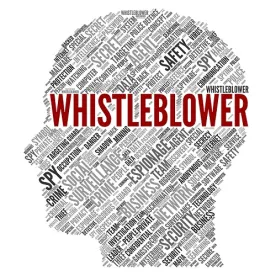On February 5, 2018, U.S. District Court for the Southern District of New York granted Defendant Khan Funds Management America, Inc.’s Rule 12(b)(6) motion to dismiss a whistleblower retaliation claim under Dodd-Frank on the grounds that Plaintiff failed to state a claim upon which relief could be granted. Polite v. Khan Funds Mgmt. Am., Inc., 17-cv-2988.
Defendant employed Plaintiff for approximately one year as its sole accountant. In April of 2016, he allegedly reported to the Head of Financial Operations his suspicions of deceptive contracting and that the company’s founder was embezzling funds. Plaintiff alleged that over the following months, he “repeatedly raised these issues,” including requesting “documents to support transactions” appearing on Defendant’s bank accounts, highlighting a failure to recoup on breached international contracts in July 2017, and other instances of underpayment. Plaintiff alleged that these concerns were either ignored or he was told that because “he was not part of ‘management,’ he did not need to know about certain matters.” In September 2016, Plaintiff’s employment was terminated. Plaintiff then pursued a federal action under Dodd-Frank.
The district court dismissed Plaintiff’s complaint pursuant to Rule 12(b)(6). The court first determined that Plaintiff did not have a claim under Dodd-Frank because he did not complain to the SEC. (This issue is currently pending before the United States Supreme Court, as noted in our blog post here.) The court also concluded that Plaintiff did not engaged in protected activity because he did not make disclosures that are “explicitly ‘required or protected’ under a rule or law within the SEC’s purview.”
This case is valuable to employers, as it underscores that one must specifically complain of securities law violations to state a claim under Dodd-Frank.
Annabel Pollioni also contributed to this post.



 />i
/>i
